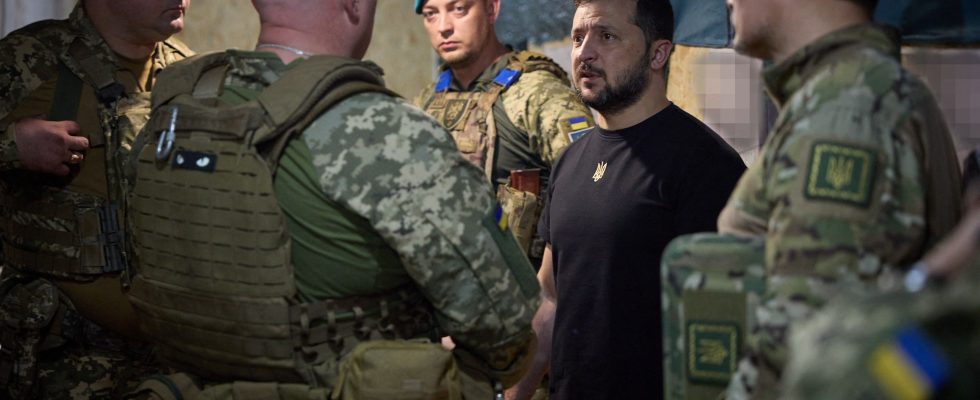The depleted uranium ammunition that the United States will provide to Ukraine is a formidable weapon for piercing armor but controversial because of the toxic risks for the military and the population. The Express takes stock.
What are depleted uranium munitions?
Depleted uranium is a by-product of the uranium enrichment process. It is about 60% less radioactive than natural uranium. Uranium is an extremely dense metal: it is 1.7 times denser than lead. It is so hard that it does not deform when it comes into contact with its target. Depleted uranium is thus used in armour-piercing shells and bombs to make them more penetrating.
It is a common type of ammunition, used particularly for its armor-piercing capacity, argues the White House National Security Council, assuring that these shells “are not radioactive” and “do not even approach of the category of nuclear weapons”, according to the same source. The use of such ammunition is not prohibited by international law.
Where have they been used before?
These ammunition are in equipment in many armies, in particular American and Russian. They were used during the two Gulf wars of 1991 and 2003 as well as in the former Yugoslavia during the 1990s. The Pentagon has also admitted to having used depleted uranium shells twice in 2015 in operations against the Islamic State group in Syria.
The United Kingdom had already announced several months ago its intention to deliver munitions containing depleted uranium to Ukraine, an initiative denounced by Moscow.
What health and environmental risk?
According to the United Nations Environment Program (UNEP), depleted uranium is a “heavy metal, chemically and radiologically polluting”. Armor piercing shells hitting their target produce uranium dust and metal fragments.
From a health perspective, “the main risk is not radioactivity but rather chemical toxicity. Ingesting or inhaling large amounts can damage kidney function. If a person inhales large amounts of small particles for a long time, the main health concern will be the increased risk of lung cancer,” said the Canadian Nuclear Safety Commission.
Depleted uranium munitions have been cited as one of the possible causes of the health problems of Gulf War veterans and the high number of cancers and congenital malformations in the Iraqi city of Fallujah. However, their role has not been scientifically proven.
